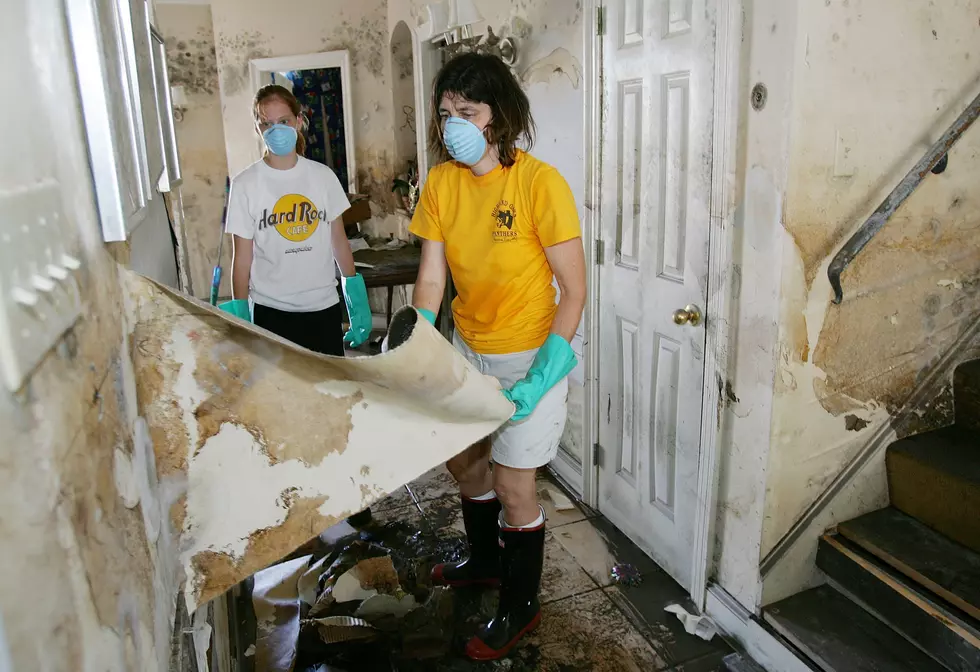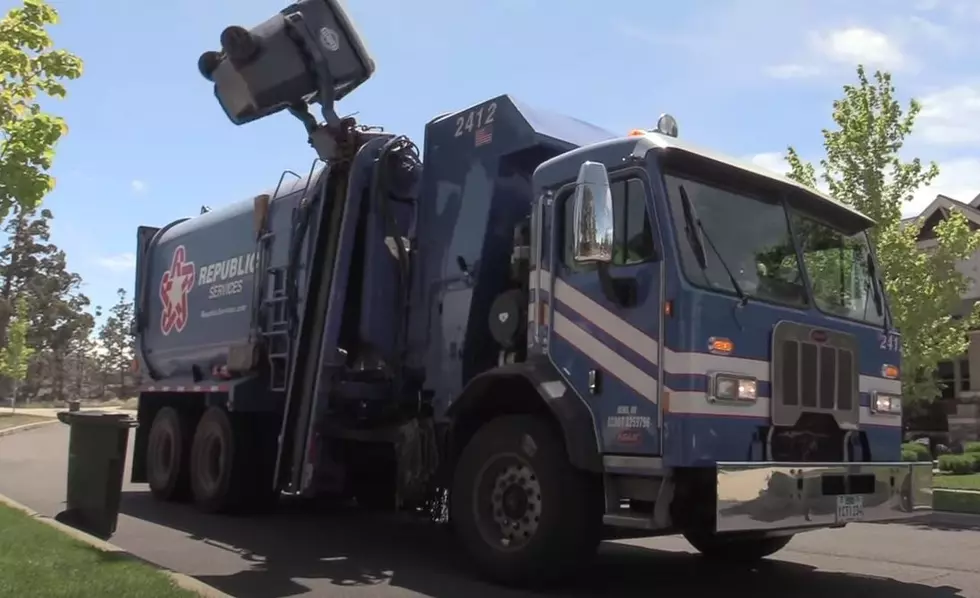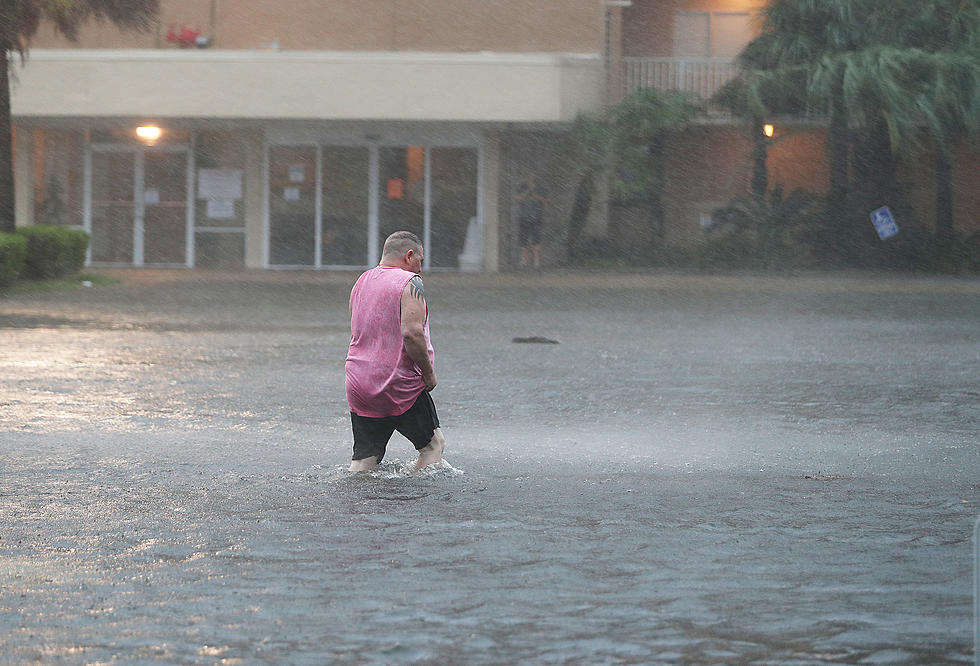
Trash Pickup Wednesday or Thursday? PLEASE Keep This in Mind
Last night dangerous flooding impacted just about every community across Acadiana. As we brace for a few more days of rain that will surely bring more flooding, there's one thing to keep in mind that could make a huge difference when it comes to flooding conditions in your neighborhood.
Last night as the floodwaters rose in my neighborhood, I realized my recycling bin had started to float away. I quickly ran outside and grabbed it, and then pulled it up to the beginning of my driveway close to the house, far out of reach of the water, or so I thought.
After I rescued my recycling bin, I went to get my trash bin. As I grabbed it I realized it was so full of trash and water at that point, it probably weighed close to 150lbs. I figured there was no way it would go anywhere, so I left it.
Wrong.
I checked on it a few minutes later and sure enough, it was beginning to rock back and forth as the water was lifting it from the ground.
At that time I also noticed three more trash and recycling bins starting to float away in front of my house, as well as bags of trash from those bins rushing down the street. Luckily I was able to grab all of the bins and bags of trash before they got away.
OK, so what's the big deal?
The big deal is that the bins and trash bags were being pulled by the current of the flood water straight to the storm drains. Had they continued on their journey they would have certainly clogged both storm drains at the end of my street, and that would have been really bad news last night.
If you normally put your trash and recycling bins out on Tuesday or Wednesday nights, depending on your situation, you're going to want to wait and do that on Wednesday and Thursday morning instead. If you do decide to put them out over the next couple of nights, please at least keep a sharp eye on them. You surely don't want your bins to be the cause of clogging storm drains and damaging your property or worse, someone else's.
Even if you live in more rural areas, the bins can float away and completely clog drainage culverts, and you'll have a really bad situation on your hands if that happens.
While we're at it, the same goes for bags of lawn clippings, tree limbs, or any other debris sitting on the curb for pickup. I have personally seen a pile of limbs carried away by floodwaters, only to eventually clog up a storm drain on my street.
OK, rant over, and please stay safe!
LOOK: The most expensive weather and climate disasters in recent decades
More From Classic Rock 105.1


![Major Flooding Still an Issue Around Paul Breaux Middle and Heymann Park [Photos]](http://townsquare.media/site/33/files/2021/05/thumbnail_20210522_1013581.jpg?w=980&q=75)





